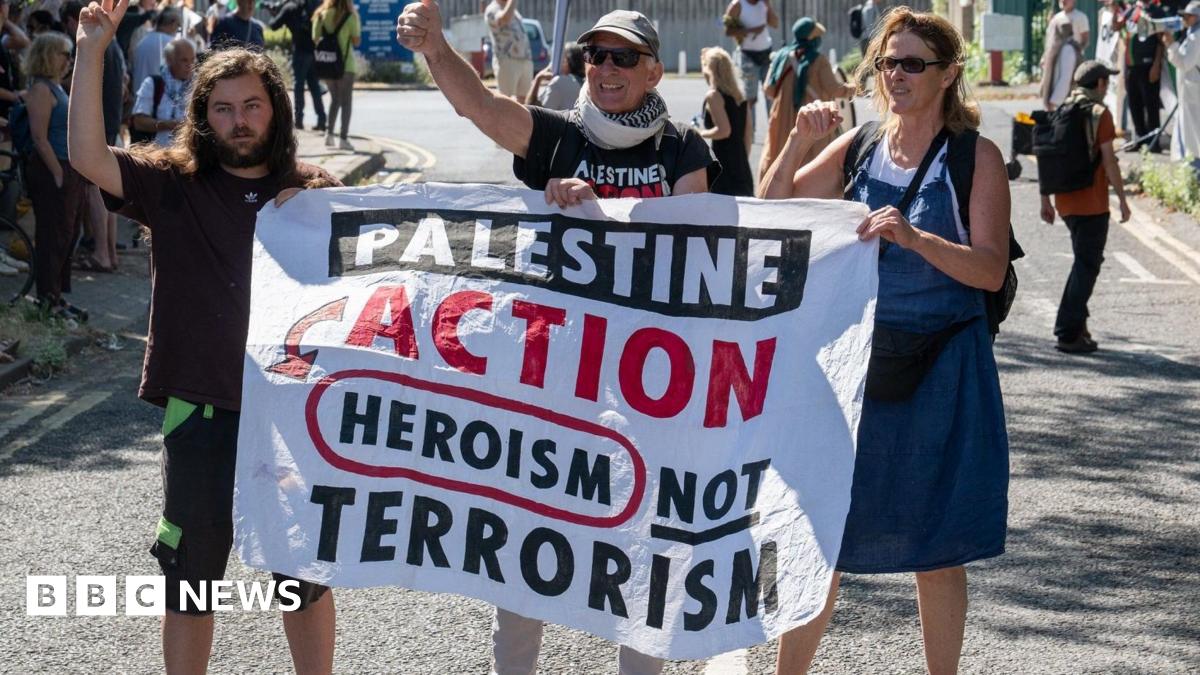The judge said that unless the ban was swiftly reviewed in the High Court, there was a risk of “chaos” with people accused of supporting the group arguing that their prosecutions were wrong.
Mr Justice Chamberlain said while there was a formalised semi-secret appeal process for groups that want the Home Office to review a ban, the process would not lead to a hearing before a panel for at least a year.
That delay meant that people accused of offences relating to support or membership of Palestine Action might challenge prosecutions, he said.
Some 200 people have been arrested on suspicion of publicly protesting support for PA since it was banned.
“If the legality of the proscription order can properly be raised by way of defence to criminal proceedings, that would open up the spectre of different and possibly conflicting decisions on that issue in magistrates’ courts across England and Wales or before different judges or juries in the Crown Court. That would be a recipe for chaos,” said the judge.
He said there was a “strong public interest” in allowing the legality of the ban to be determined in judicial review proceedings at the High Court.
After the ruling, lawyers for Palestine Action asked the court for a temporary block on the ban on the group to be put in place.
Meanwhile, opponents of the ban say they hope to organise a demonstration early next month in London.


